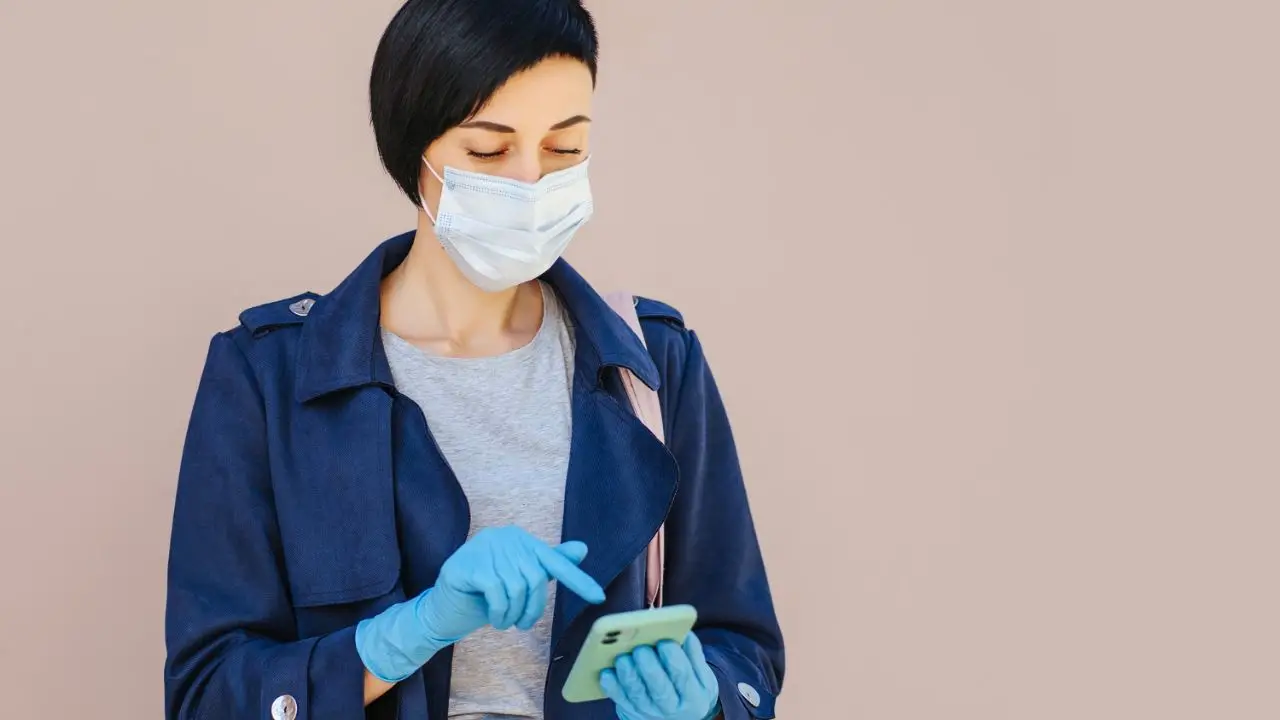There is no doubt that the Covid-19 pandemic has come to challenge everything science knows about viruses. While it's not over yet, we continue to closely monitor the evolution of the virus that has infected (and killed) millions of people globally. But think about it: Do you know anyone who has been infected? Even living with someone who tested positive? probably. Hence the question: Why do some people never get COVID-19?
In principle, the likely answer would be natural immunity to Covid-19. Indeed, it is a topic that has intrigued scientists and aroused public curiosity. After all, why do only a few lucky people get the disease?
Read more: What is the ideal amount of water to lose weight?
Why do some people never get Covid-19: What have studies found?
Faced with this concern, a group of researchers from the United Kingdom conducted a study to understand innate immunity. The research, conducted by institutions such as University College London and Imperial College London, involved voluntary exposure of 36 healthy individuals to SARS-CoV-2.
The results were published in Nature MagazineProviding interesting perspectives on the immune responses that protect some individuals from the virus.
In general, the participants, in addition to being healthy, had no history of Covid-19 and had not even been vaccinated. The methodology then consisted of exposure to the virus via the nose, followed by detailed monitoring of blood and nasal mucosa.
From there, the scientists performed single-cell sequencing, generating data from more than 600,000 individual cells. The findings highlight why some people do not get sick with Covid-19.
Main results
First, researchers identified specific immune responses that occur immediately after exposure to the virus. Interestingly, this was particularly true in the nasal immune system.
These mechanisms were first observed, and are essential for rapid defense against infection. So, how do they work? In summary:
- Immune cell activation: Immediately after exposure, some immune cells in the nose and blood are activated.
- HLA-DQA2 gene: High levels of activity of this gene prior to exposure help prevent ongoing infection.
- Innate immune response: Furthermore, individuals who cleared the virus quickly developed precise and specific immune responses, in contrast to typical general responses.
As such, these findings primarily provide a deeper understanding of how the body reacts to viral infections. This includes, for example, influenza, not just coronavirus (Covid-19).
Read more: 7 movies that accurately portray mental disorders
Implications for future treatments
More than just answering why some people don't catch coronavirus, these discoveries have the potential to revolutionize the development of new treatments and vaccines. Ultimately, by understanding natural immune responses, it is possible to create treatments that mimic these natural defenses. any:
- New vaccines to mimic these rapid and specific immune responses.
- Therapies that activate T cells and other components of the immune system are more effective in preventing and treating COVID-19.
Therefore, the question of natural immunity to COVID-19 is still an emerging area of study. However, the progress made so far is promising, especially in understanding why some people do not develop COVID-19.
If research continues, we will not only be able to better understand how to avoid infection, but we will essentially be able to apply this knowledge to protect the entire population from future pandemics.

“Wannabe internet buff. Future teen idol. Hardcore zombie guru. Gamer. Avid creator. Entrepreneur. Bacon ninja.”

